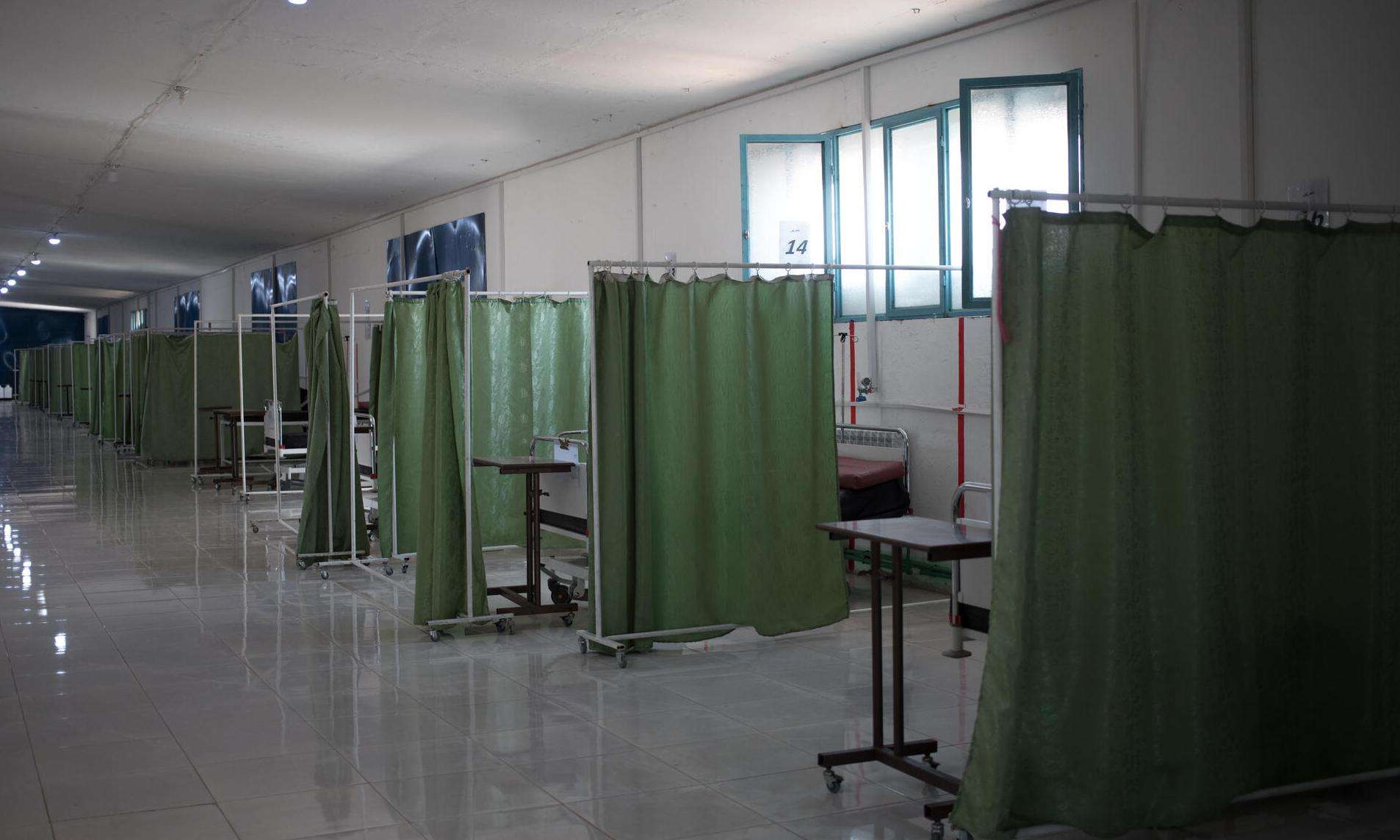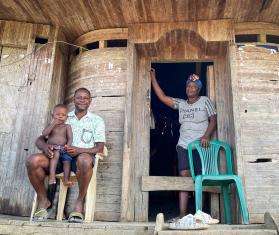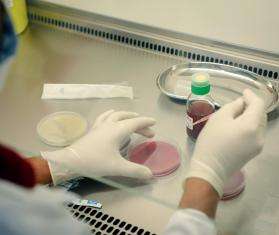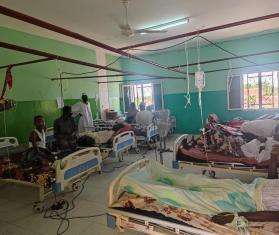Doctors Without Borders/Médecins Sans Frontières(MSF) calls on donors, especially member countries of the US-led Global Coalition to Defeat ISIS, to increase funding for health care services in Syria.
A severe lack of funding has forced the end of operations for a vital World Health Organization (WHO)-funded medical referral system in 11 camps in northeast Syria, including Al-Hol camp. MSF is sounding the alarm that this will lead to a marked increase in the number of preventable deaths.
In an environment where humanitarian funding has been reduced across the board, WHO has had to make difficult choices, and as of March, referrals for patients requiring specialist or complex care are no longer funded. “This essentially eliminates the possibility for the residents in Al-Hol camp, where MSF works, and from other camps in northeast Syria, to access secondary and specialist health care. It leaves lives hanging in the balance, the majority of them children, sometimes with treatable and preventable diseases, and other times in need of urgent specialist care like surgery,” said Allen Murphy, MSF head of mission.
As of January 2024, 93 percent of the people detained at Al-Hol camp were women and children, with 62 percent under the age of 18, and 43 percent under the age of 12.
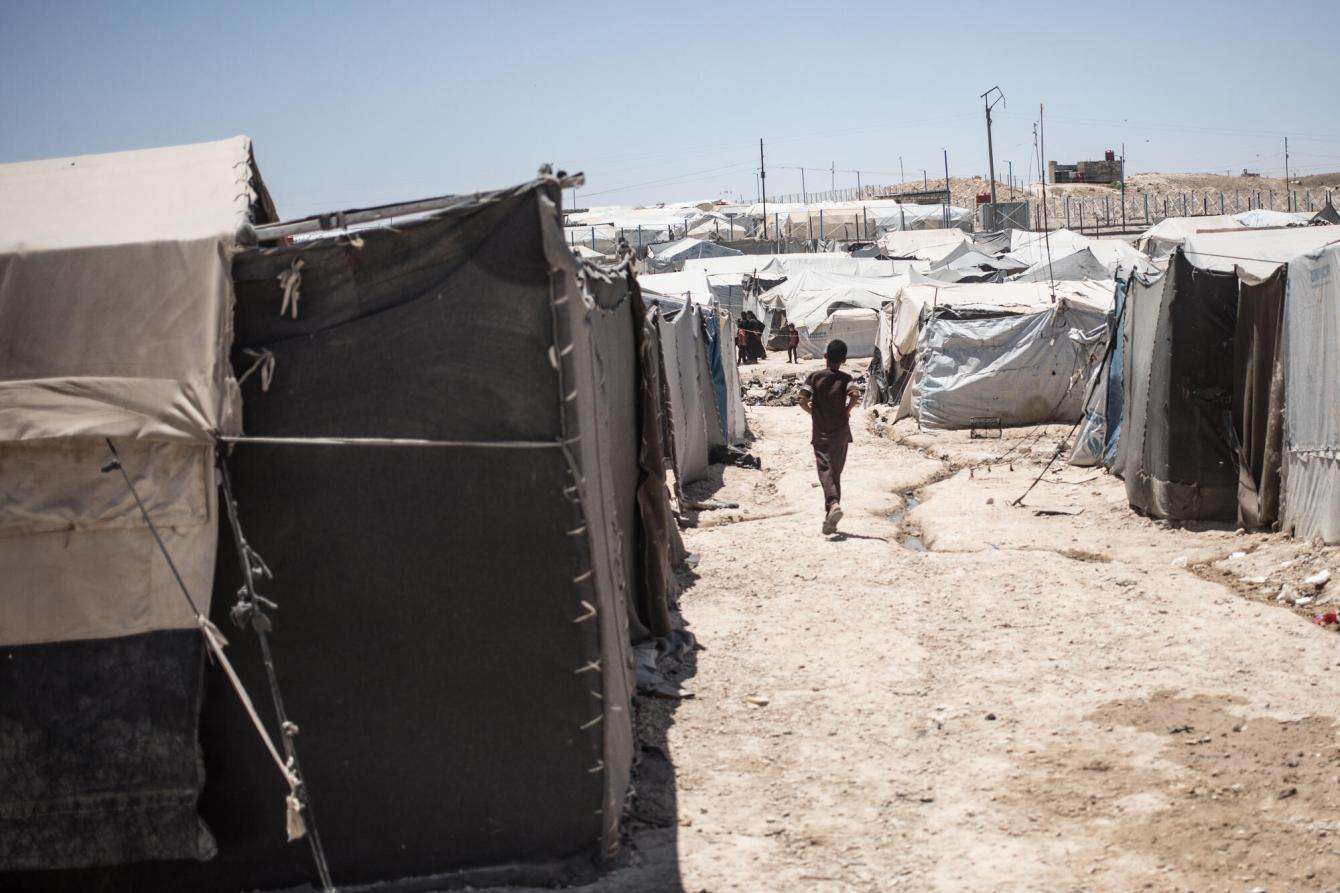
Little to no options remain for camp residents
In 2023, MSF directed 1,446 patients to external referrals. At least 22 percent of referrals were declined, either because the necessary services were unavailable, or due to security restrictions. With the most recent round of service cuts there remain little to no options for even life-threatening cases to be referred to a hospital outside camps.
Even before the complete cessation of WHO support for medical referrals, there were an estimated 1,000 patients categorized as ‘cold cases’ (non-emergency, although they may deteriorate into life-threatening emergencies without this treatment) in all 11 camps, including over 800 in Al-Hol alone. These patients need specialized health services only available outside of the camp, including endocrinology, neurology, ENT (ear, nose, and throat), general surgery, ophthalmology surgeries, reconstructive surgeries, gastroenterology, and dermatology.
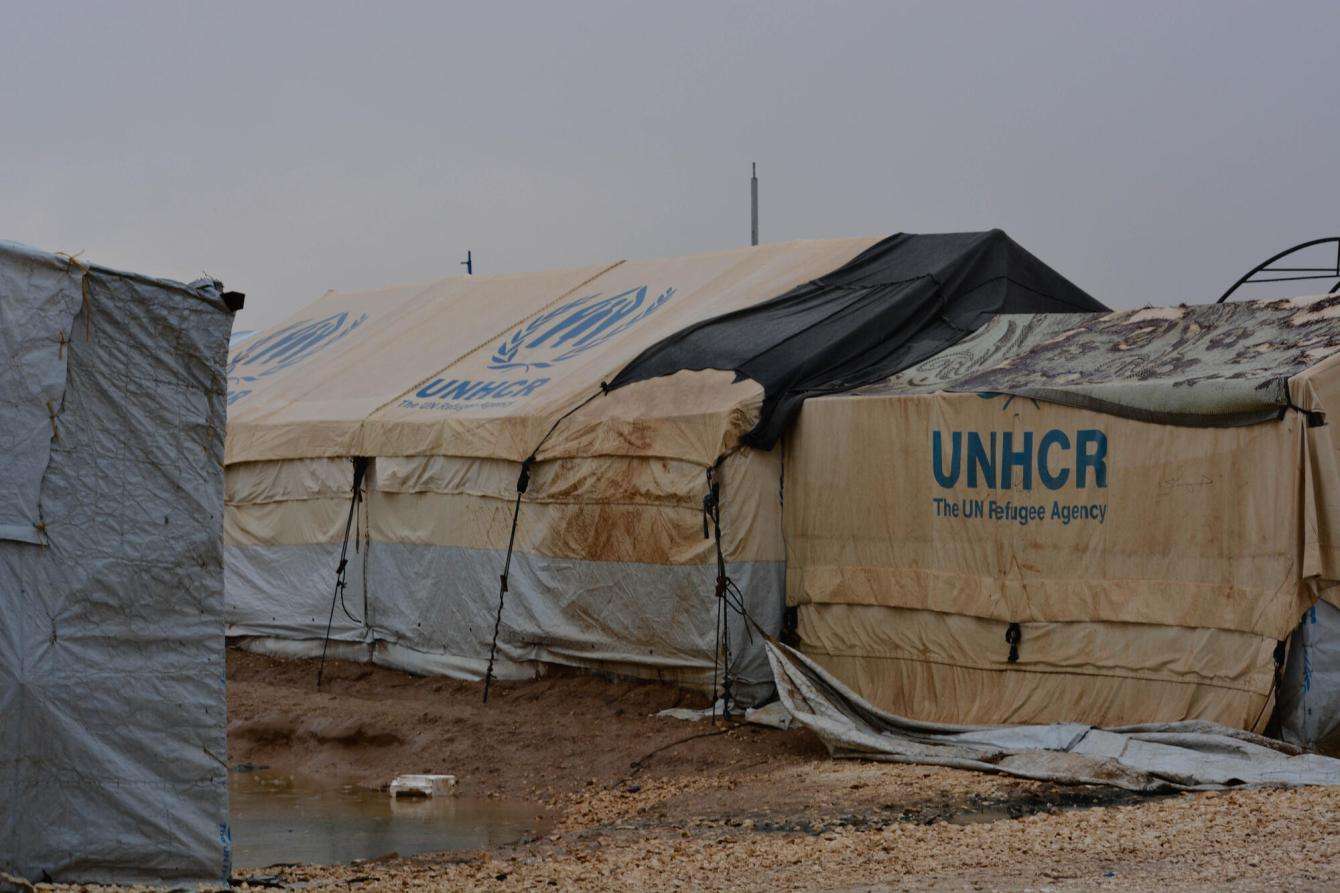
Urgent need for donors
Given the increasing humanitarian needs in northeast Syria, it is crucial for donors, especially member countries of the US-led Global Coalition to Defeat ISIS, to increase funding for health care services instead of reducing it. This is especially vital for external medical referrals. The capacities of local medical facilities serving as referral centers for Al-Hol camp, and other detention and displacement camps in northeast Syria, must be improved. Immediate funding is necessary to fill current gaps in this system.
“More than 40,000 people, the majority of them women and children, remain detained at Al-Hol camp [after coming] from countries including Syria, Iraq, and over 50 others. Many of them have been held there since 2019 and some, who were born there, have never known life beyond the confines of the camp,” added Murphy.
*Names have been changed for privacy.
